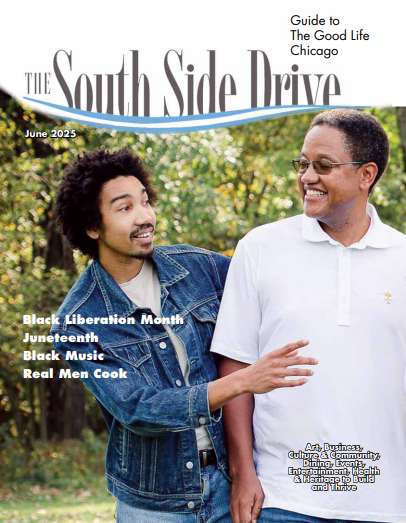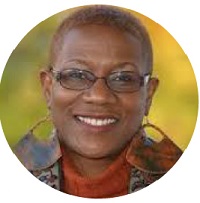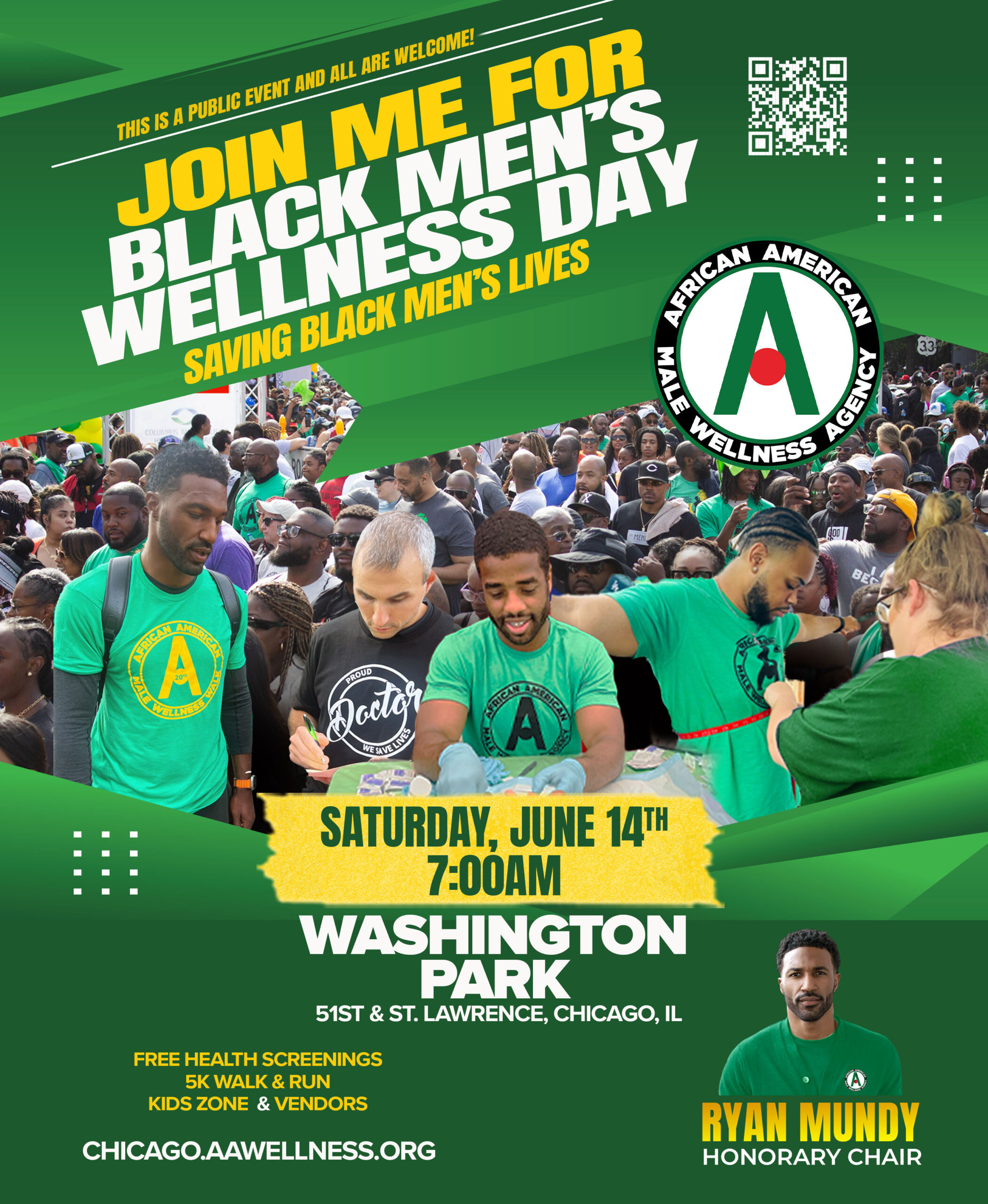Veronica Kyle has been a crusader for environmental and racial justice for most of her life. Her work has taken her to Jamaica, Cuba, and Johannesburg, South Africa, as well as Swaziland, Botswana, Zimbabwe, and Mozambique.
She returned from Africa and began working as an Outreach Director for Faith in Place, a statewide environmental organization that works with the faith community across the region. She was with that organization for thirteen years, doing environmental advocacy, program development and education with an environmental justice lens, working with diverse faith communities across Illinois, around issues of environmental justice.
Veronica explains that she has always had a desire to start an organization for the healers of the community. She has always asked herself, “Who heals the healer? When has anyone told a Black woman to rest? We’re so busy trying to reverse the impact of systemic racism and the trauma associated with it; often struggling with little financial resources, and without the mental, spiritual, physical, and emotional support we need.” That was the motivation behind the creation of the EcoWomanist Institute (EWI).
She recalled that her co-visionary and co-partner Valerie Hill Rawls, who runs the Southeast region of the EcoWomanist Institute, invited her to speak at a workshop to Black clergy about establishing Green Teams for their congregations. “As people of color, we must understand that despite the environmental injustices we, too, have a responsibility to be good stewards of the earth, starting with our own communities, our own homes, and our own backyards. We did not cause the majority of the degradation of the earth, and yet we knowingly or unknowingly participate in it. When we litter in our own backyards, our own streets, what message are we sending out? That we are not worthy of beautiful, clean streets? We are not trash; we are treasures, and we should treat ourselves that way.”
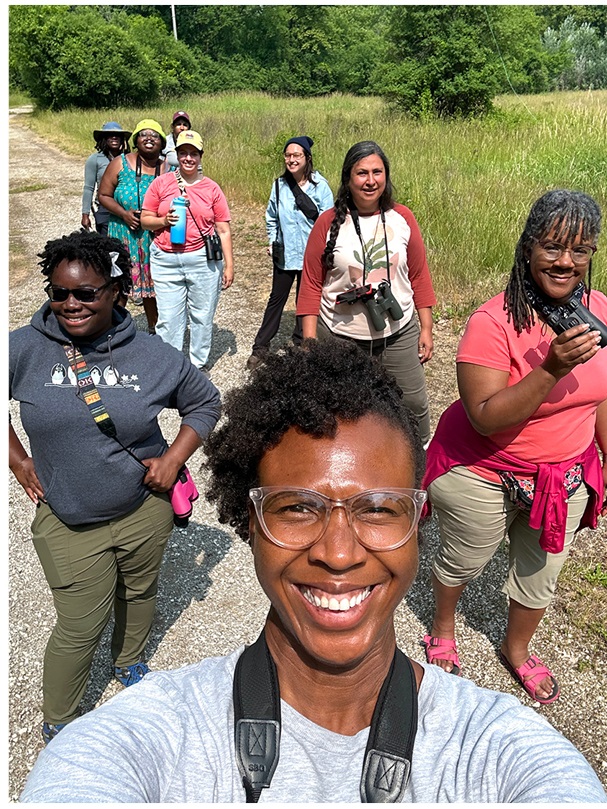
It was while sitting at Valerie’s kitchen table that Veronica expressed her desire to start a women’s organization to address self-healing, self-care and how we organize our community. “In true serendipity form, we looked at each other and said, ‘Let’s do it!’ and the EcoWomanist Institute (EWI) was born in Atlanta.” EWI’s purpose is to create opportunities for women of African descent, and other women of color, impacted by what they call the trilogy of oppression—race, gender, and class. The organization has grown to create programs that allow women to decompress, to fuss, to cuss, to cry, to be vulnerable without being considered weak, to be passionate without considering being called the angry Black woman. EWI operates under three major pillars: Leadership Development and Advocacy/Civic Engagement.
EWI’s work in the Midwest region, primarily Chicago, focuses a lot on the Soul-care/Selfcare pillar for women who work tirelessly around the issue of environmental justice in their community. Many of the Soul-care/Self-care programs involve using nature as a healer. EWI ‘s Mama’s and Me & Nature program focuses on families and their children engaging in outdoor activities that were once common for the Black and brown community, organizing intentional opportunities for families to engage in nature and partnering with organizations like the Peggy Notebaert Nature Museum, South Merrill Street Garden, Friends of the Forest Preserve, Faith in Place, Rainbow Beach PAC, Real Men Charities, to name a few.
Other programs under EWI are the Black and Brown Women’s Birding Groups, Kitchen Table Talks, Racial Healing Chair project, and Environmental advocacy and education. To give women the opportunity to engage in EWI, the EcoWomanist Institute hosts events at the Chicago House, where women can come to rest, network, do research at the library, break bread together , and organize meetings and meet-ups.
In the Southeast region, the EWI work focuses a lot on the Advocacy/ Civic Engagement pillar addressing gerrymandering, voter suppression, land equity and other racial injustices that have continually plagued the south and people of color.
Both Valerie and Veronica actively engage in mentoring and spend hours throughout the year, leading and supporting and encouraging women of color in the environmental justice arena. What keeps Veronica up at night? “It’s the financial resources to get what we need. That’s challenging and it’s time for the philanthropic world to support what we say we need, not what they think we should have.
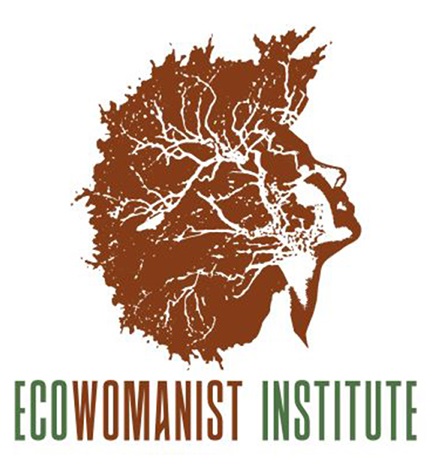
This old adage of Black women making a way out of no way, wearing a superwoman cape, needs to go. We’re brilliant, we’re smart, we’re passionate, we’re creative and we get the work done.”
There is no membership required to be a part of the EcoWomanist Institute.
When you come to the Chicago House, you will feel their motto of unyielding hospitality.
One powerful program within the EcoWomanist Institute is the Racial Healing Chair Project.
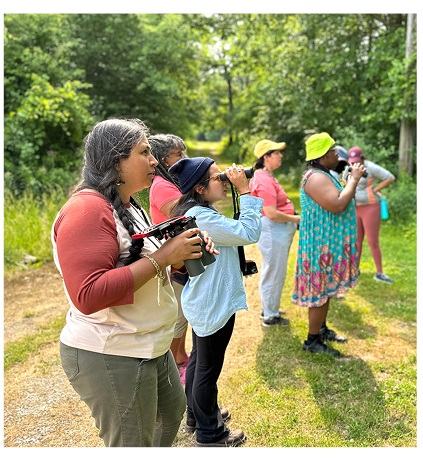
Veronica explains that a selected group of women volunteered to journey together for eight weeks to unpack the trauma caused by the trilogy of oppressions. They collaborated with an upholstery activist artist by the name of Jamika Smith of Teena’s Legacy and identified broken chairs that needed to be reupholstered, picking the one that reminded them of their own inherited trauma. The program’s eight-week curriculum took the women from the broken chair to the recreation of a new one in their own image. They told their chair stories at community gardens and in living rooms.
There is a waiting list of women who want to take the course, and both Jamika and Veronica are actively seeking funding to make that happen.
One of the things that Veronica points out is you don’t have to be wealthy to contribute to our greater good as people of color. Looking at our history, women built institutions, hospitals, colleges, boarding schools, and nursing homes, putting their resources together.
“We are at a point in this society, based on the political and socioeconomic climate, that we’re going to have to come together again like Mary McLeod Bethune and Ida B. Wells and others who came together to make things happen.” she says.
Aside from EWI, Veronica spearheaded the co-creation of the Peace and We Mean Green Gardens, and the first Holiday Pop-Up Shop for artisans both in South Shore. She developed and brought the Eco Ambassador Environmental Program for youth to South Shore and other parts of Chicago. As a result, a scholarship was named in honor of Veronica Kyle, to support students who major in environmental studies.
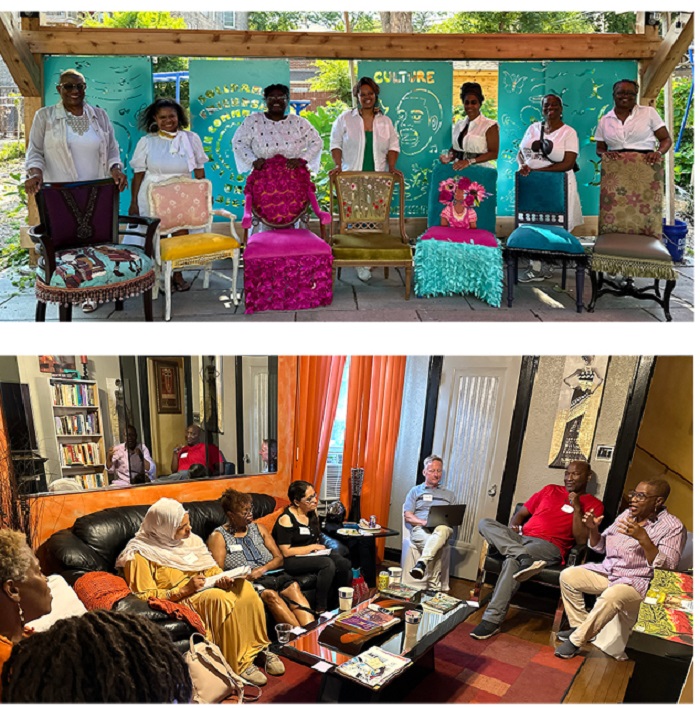
Another brainchild of Veronica’s was the Migration Porch Stories, where residents who had migrated to South Shore, sat on their porches and were interviewed and recorded sharing their stories and their love for the community.
Veronica Kyle was inducted into the 2023 cohort of the Culture of Health Leadership Institute (CoHLI) for Racial Healing with the National Collaborative for Health Equity. She is in the middle of an 18-month leadership experience that uses the Truth, Racial Healing, and Transformation (TRHT) framework to strengthen the ecosystem of practitioners who are advancing racial and health equity in their work.
And the EcoWomanist Institute’s Black Women Future Farmers Incubator (BWFFI) was selected as a member of the Justice40 Accelerator 2023 Cohort!
If you want to be in contact, support, or collaborate with the EcoWomanist Institute, reach out to Veronica at Veronica@Ecowomanist.org.
